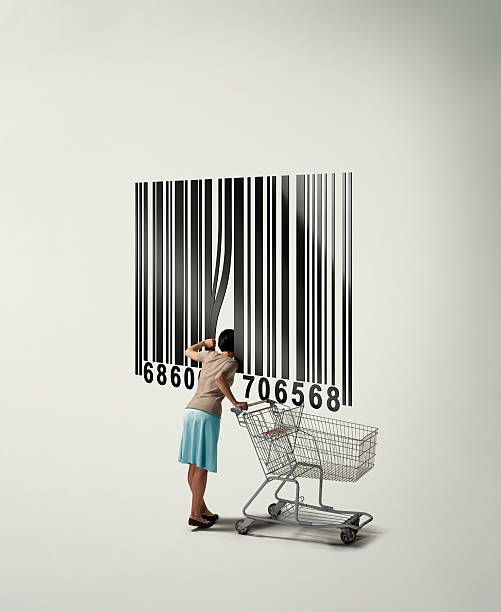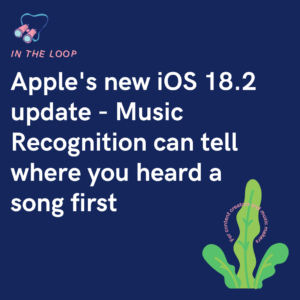Both a UPC and an ISRC are unique codes belonging to releases or individual tracks. No song can be placed into distribution without them. Often distributors will provide you with them.
In the music industry, tracking and managing releases is crucial for both artists and distributors. Two key identifiers that play a significant role in this process are the UPC (Universal Product Code) and ISRC (International Standard Recording Code). These codes ensure that your music is properly catalogued, distributed, and monetised.
What is a UPC?
Definition and purpose
A Universal Product Code (UPC) is a 12-digit barcode used primarily for tracking physical products in retail stores. In the context of music, a UPC is assigned to an album or a collection of tracks. Used to identify it uniquely in the marketplace.
Key features
- Identification: Helps in uniquely identifying an album or a collection of tracks.
- Distribution: Required for both physical and digital distribution of music.
- Sales tracking: Essential for reporting sales to charts and tracking revenue.
How to obtain a UPC
UPC codes are typically provided by music distributors when you submit your album for distribution. If you’re distributing your music independently, services like RouteNote can provide you with a UPC for your release.
What is an ISRC?
Definition and purpose
The International Standard Recording Code (ISRC) is a 12-character alphanumeric code assigned to individual audio or video recordings. Unlike the UPC, which applies to the entire album, the ISRC is specific to each track or video. Ensuring that every piece of content can be uniquely identified.
Key features
- Unique identifier: Each ISRC is unique to a specific recording, even if multiple versions of a song exist.
- Royalty collection: Essential for tracking plays and collecting royalties from various platforms, including streaming services and radio.
- Global recognition: ISRCs are recognised internationally, facilitating global distribution and reporting.
How to obtain an ISRC
ISRC codes can be obtained from authorised ISRC agencies. If you work with a distributor, they will often provide ISRCs for your tracks. Alternatively, you can register as an ISRC manager with a national ISRC agency to generate codes yourself.
Why are these codes important?
Revenue and royalties
Both UPC and ISRC codes are vital for accurate tracking of sales and streams. Ensuring that artists receive proper royalties. They enable automated systems to recognise your music and allocate payments accordingly.
Data management
Having these codes helps in organising and managing your music catalogue efficiently. They provide a standardised way to reference your releases. Across different platforms and databases.
Legal protection
UPC and ISRC codes also offer a layer of legal protection. Helping to prevent unauthorised use of your music. They act as proof of ownership and facilitate the enforcement of rights across various jurisdictions.
Understanding and utilising UPC and ISRC codes is essential for any musician or music distributor. These codes not only streamline the distribution and tracking process but also ensure that artists get paid for their work. As the music industry continues to evolve, the importance of these identifiers in managing and monetising music will only grow.







